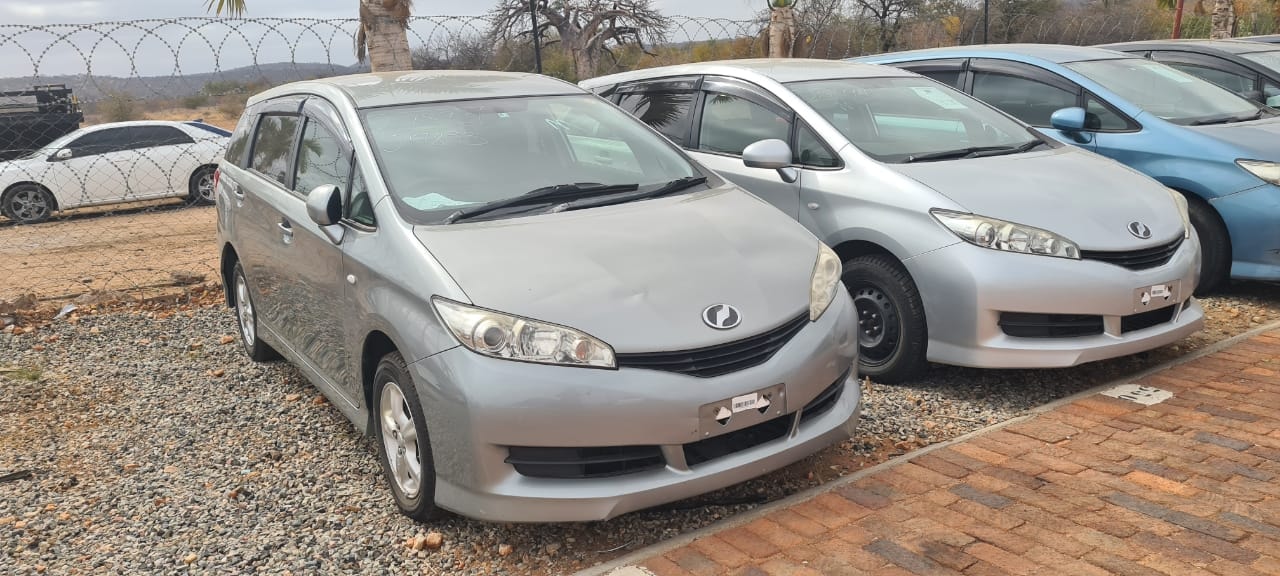The Zimbabwe Anti-Corruption Commission (ZACC) has arrested many car dealers in Harare and other areas for importing vehicles using fake civil service rebate letters.
ZACC in conjunction with the Zimbabwe Revenue Authority (ZIMRA) have seized 36 vehicles in an operation initiated to prevent the misuse of tax rebates granted to civil servants by the government to import vehicles duty-free.
The corruption begins with civil servants importing vehicles for others and charging a fee of up to US$1,500, while the vehicles remain registered in the civil servant’s name but driven by someone else, according to The Herald.
ZACC and ZIMRA are conducting joint investigations with the Criminal Investigations Department (CID).
The abuse of government rebates has defrauded the State of revenue and resulted in duty-free cars being sold, while some of the saved duty ends up with civil servants.
The rebate conditions require that the state employee have a valid driver’s license, serve for at least ten years, and import only one car every five years depending on their grade.
According to the National Anti-Corruption Commission Strategy sub-committee 2 report presented last week, investigations into the misuse of Government rebates are still in progress and huge successes are being registered.
In May 2022, Zimbabwe’s Finance and Economic Development Minister, Professor Mthuli Ncube, set a range of US$3,500 to US$10,000 for deputy directors and below, while MPs were allowed to import two duty-free vehicles during their five-year term, with a maximum value of US$60,000 for the second vehicle.
The regulations apply to all members of the National Assembly, Senators, the Speaker of the National Assembly, and the President of the Senate and their deputies.
The imported vehicles must be less than 10 years old and can be procured using a loan or personal resources.
The rebate does not apply to senior civil servants issued with a condition of service motor vehicle or under disciplinary proceedings.
Despite the government’s duty-free vehicle policy for civil servants, most of them are unable to purchase vehicles due to their meagre salaries.
Consequently, some individuals have viewed the policy as an opportunity to generate additional income for themselves.

For comments, Feedback and Opinions do get in touch with our editor on WhatsApp: +44 7949 297606.
